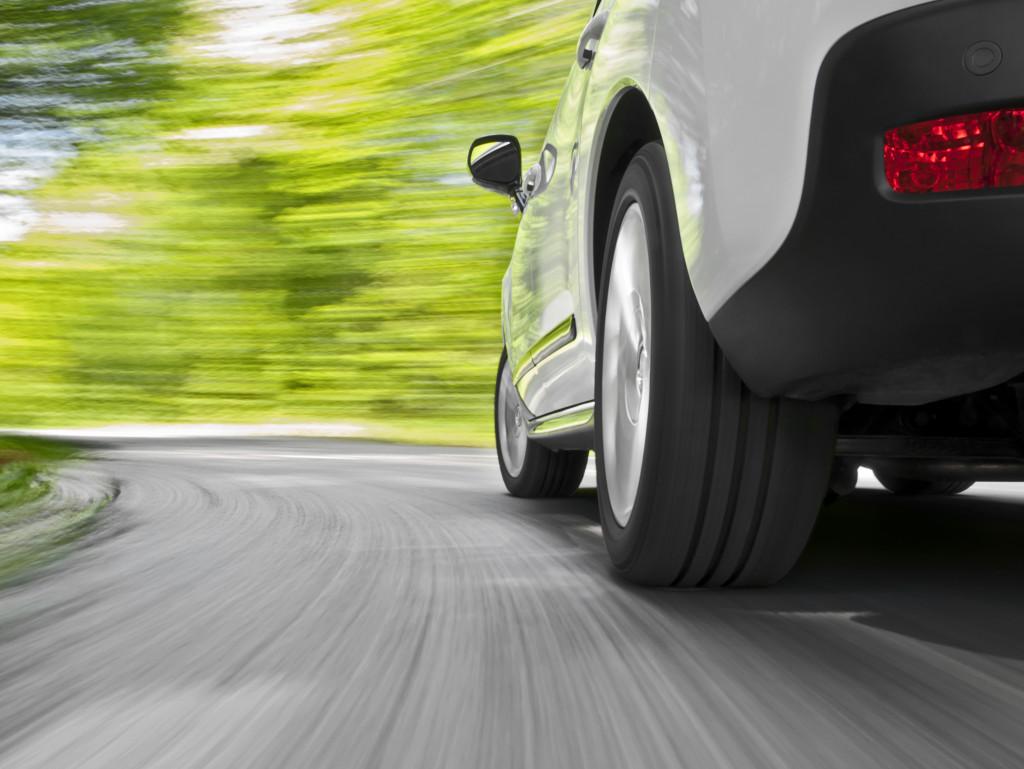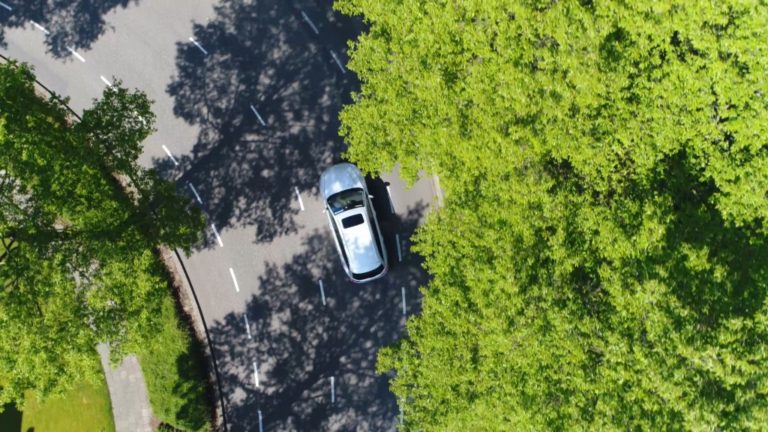Are you thinking of taking a weekend vacation out in the mountains? If you’re planning to go off the highway, then you need to get your car ready for the trip.
There are a lot of key differences between off-roading and regular driving. The terrain is the biggest challenge. You can’t speed through the trail, especially if it is a rough road, because it can damage your car. Navigating through it would also require making adjustments to your vehicle.
If you’re planning on giving trail driving a try, make sure to prep your car before the trip.
Check Your Tires
Off-road trails are going to be bumpy with a lot of shard rocks and tree branches. Your tires serve as your main point of contact on the ground. Its main purpose is to give traction, and this becomes twice as important in off-roading, where you have to go through different and uneven terrain. Hence, it’s important to check if they’re fit for the drive.
The kind of tire you are using depends on the kind of driving you will be doing. If you are driving for an equal amount of time on the highway and on the trail, get all-terrain tires. Mud tires are better for longer off-road trips.
First, inspect your tires for any cracks and holes. Remove all the dirt and rocks stuck to your tires. If you hear a hissing sound whenever you remove one of them, then it can be a sign of a punctured tire. Your grip strongly relies on your tire tread, so don’t forget to check it as well.
When you notice uneven wearing on the tires, it’s a sign that your wheel needs balancing. Car wheel balance and alignment are important for stability and road contact. Regular off-roaders have to get their wheels balanced at least once every year. If you’ve recently replaced a flat tire, you also need to do this.
It is generally done through a wheel balancer, which spins the wheel around and finds the uneven spot. Some balancers even have additional features to allow it to adjust its setting to certain types of vehicles. After that, your mechanic would add weights on each side to balance out.
Have Your Car Serviced
Off-highway vehicles tend to wear out a lot faster because of the terrain and exposure to mud, water, and dirt. That means you have to make a habit of getting it checked before every trip.
Servicing from a mechanic also includes having the engine, lights and steering, suspension, and engine checked. The mechanic will be testing out your engine to make sure that it’s tuned to run properly. They will inspect if the rotor is worn or if the fluids need changing.
To prevent your car parts from failing on you in the middle of a drive, make sure that you replace your engine oil before the trip, too. Engine oil is what keeps its internal parts running smoothly. Expired oil will smell a bit off, and you’ll notice that it sounds like the parts are knocking against each other.

Lower Your Tire Pressure
When it comes to rough terrain, you should actually lower tire pressure to improve traction. It increases the car’s grip on the ground. This makes going over steep paths and large bumps a lot easier.
Lower tire pressure allows the tires to become more flexible. That means they can mold more easily on rocky trails, making the drive feel softer. If you’re traveling with passengers or pets, they’ll appreciate a smoother ride. This also reduces damage to your car parts. But you should take note that lower tire pressure isn’t recommended for going fast.
Pack the Essentials
When off-roading, the best practice is to always pack light, but that doesn’t mean you should skip out on spare parts. When packing, you should put the most important items first. Bring a spare tire, and don’t forget the tire repair kit, too! An emergency work light can also be necessary if you plan on camping overnight or go night driving.
If you’re planning to adjust the tire pressure on your car for the trail, carry an air compressor. You can lower the tire pressure once you get to the mountain trails, and increase the pressure again when going back to the highway. Don’t forget to add an emergency kit in your vehicle as well.
One of the worst things that can happen to you while off-roading is your car breaking down. You’ll be essentially stuck in the middle of nowhere with possibly few passing vehicles. Make sure that you don’t get stuck in the mountains by prepping your car before the journey.




